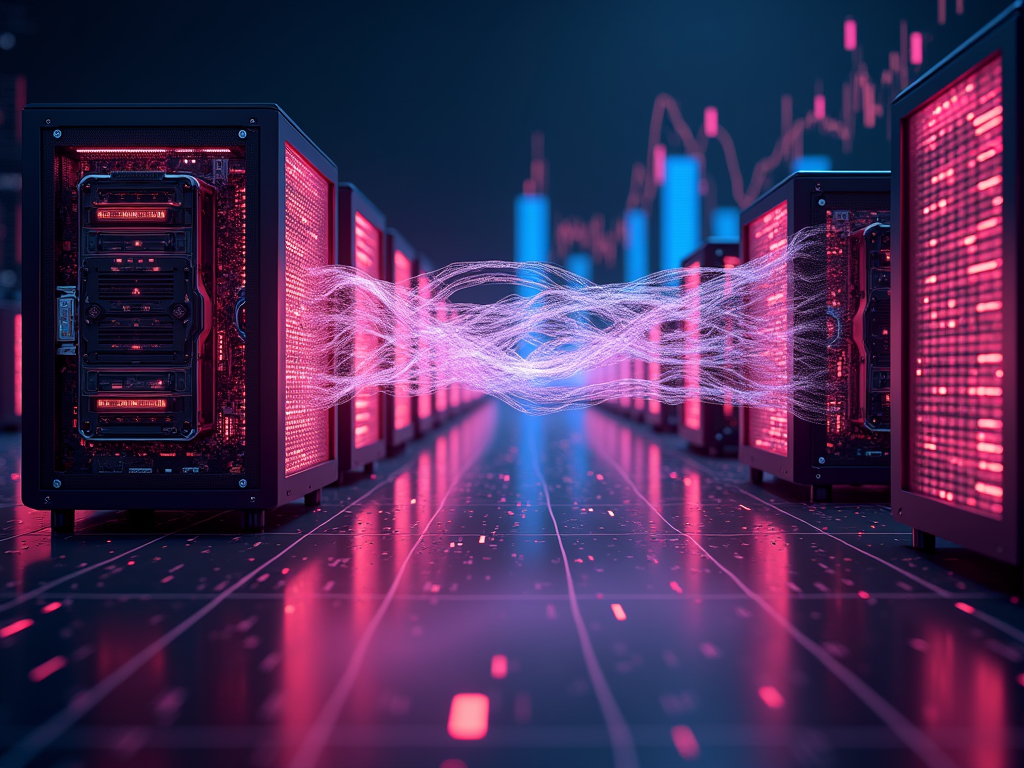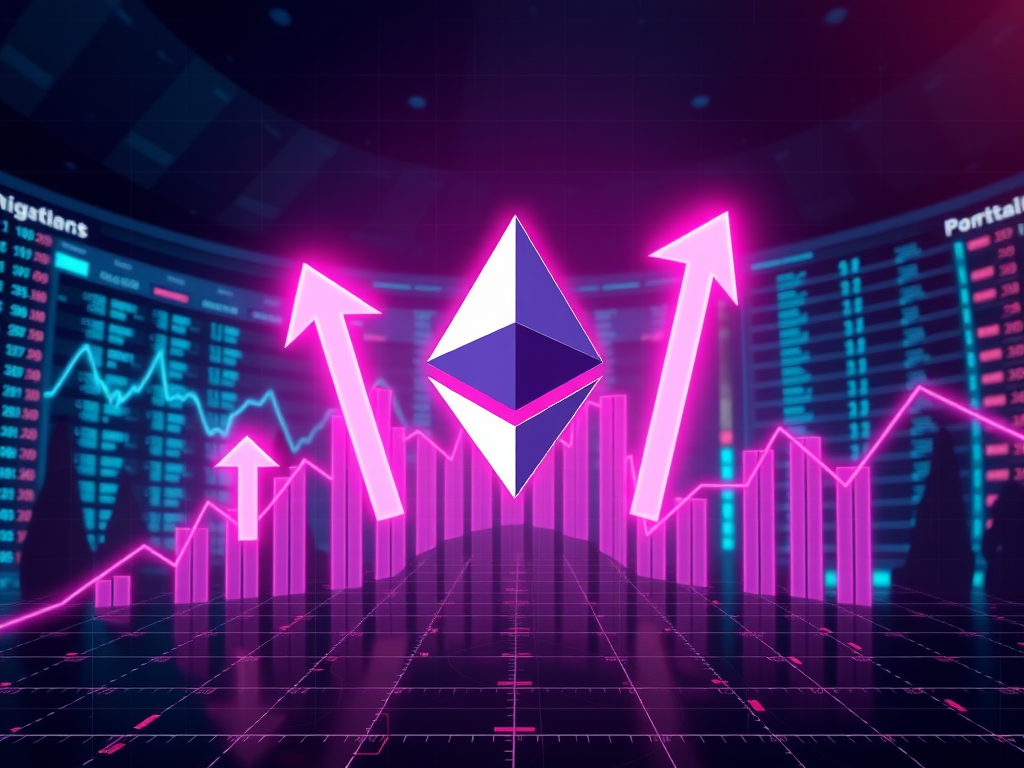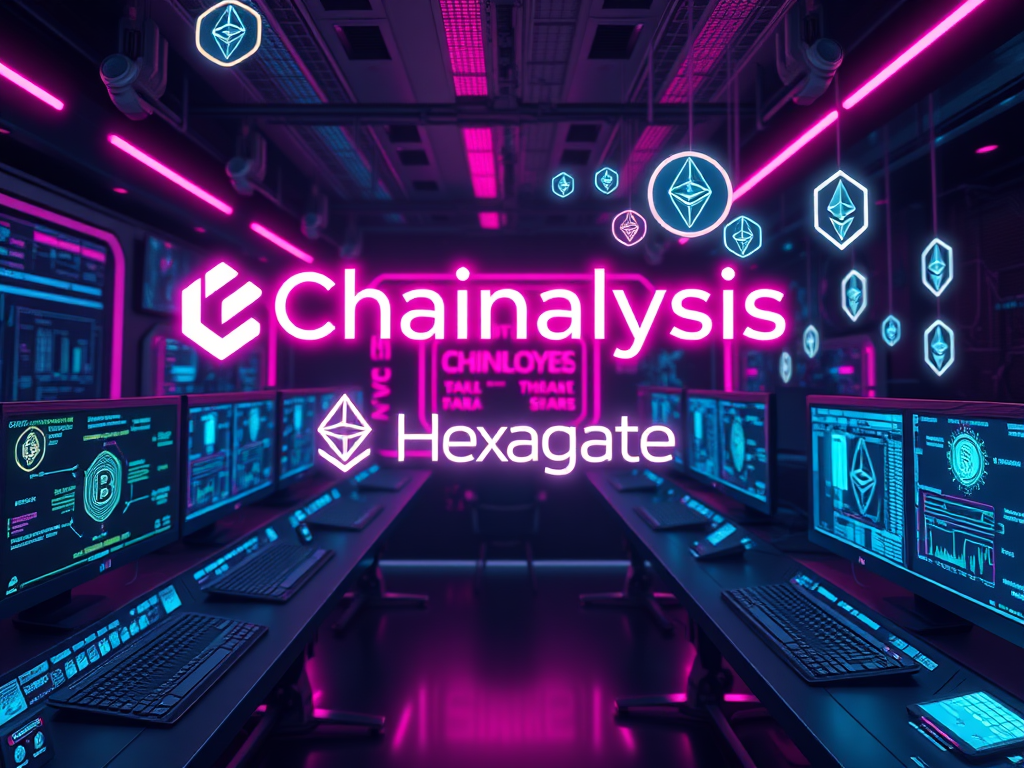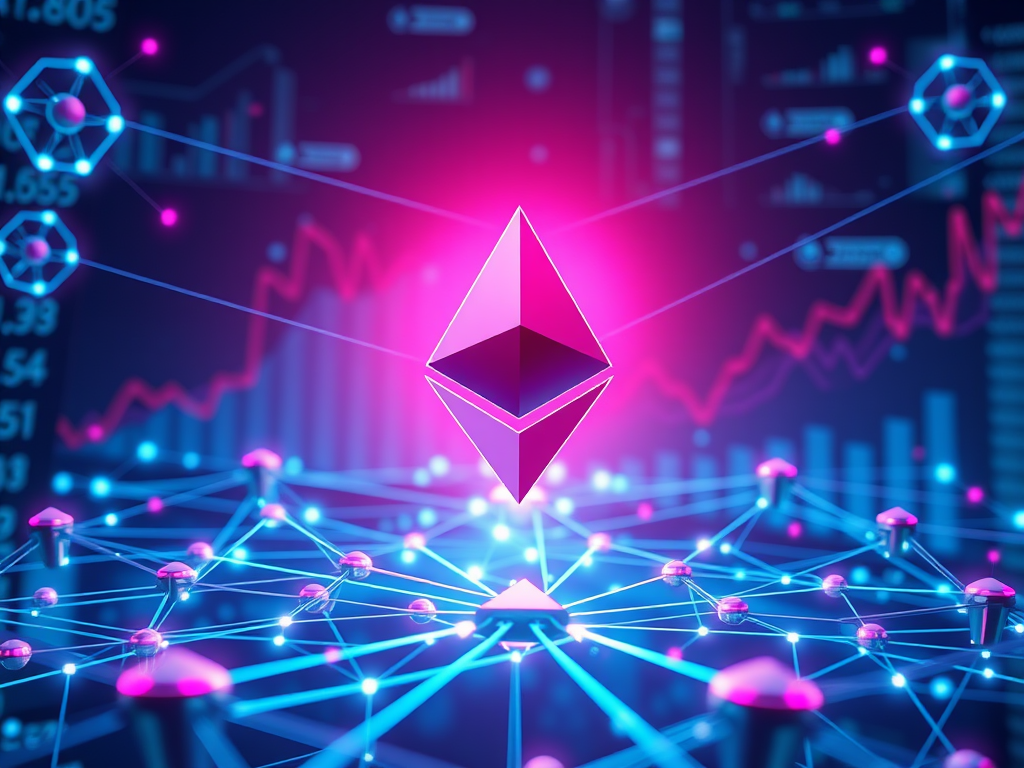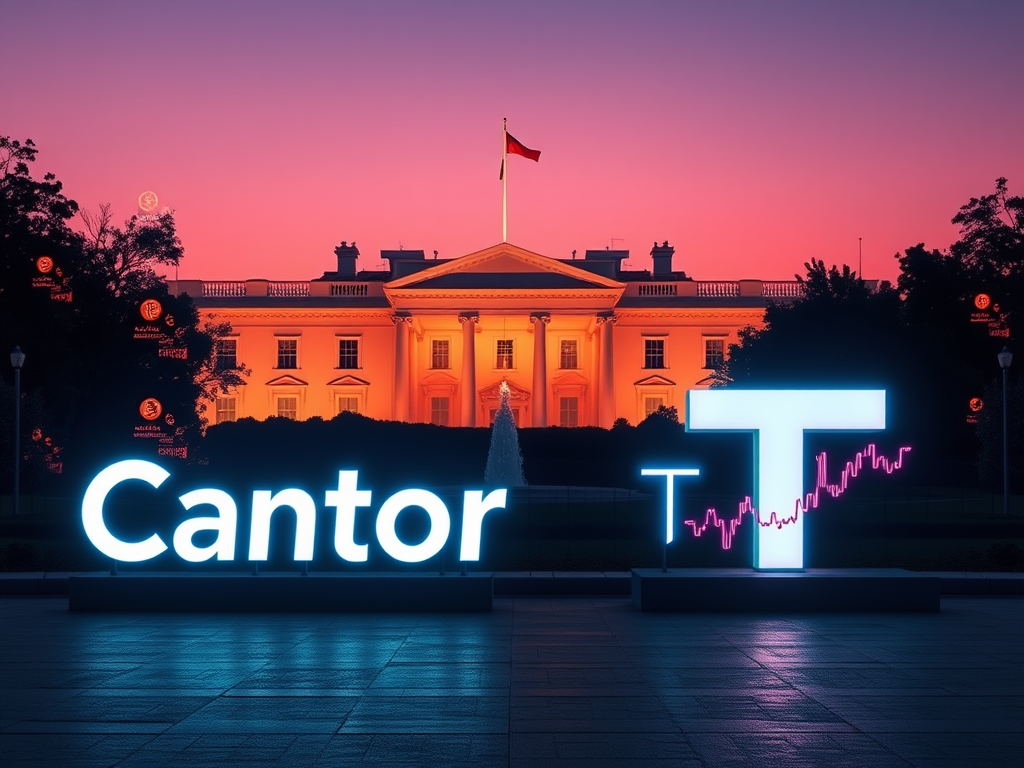Key Points
- Bernstein analysts report significant investor interest in Bitcoin miners, considering a shift towards AI and high-performance computing (HPC).
- Investors are questioning whether all Bitcoin miners should pivot to AI, highlighting a potential industry-wide shift in strategy.
Growing Interest in AI Diversification
A recent report by Bernstein analysts highlights a noteworthy trend in the cryptocurrency mining sector: growing investor interest in Bitcoin miners potentially diversifying into artificial intelligence (AI) and high-performance computing (HPC) data centers.
Gautam Chhugani, Mahika Sapra and Sanskar Chindalia wrote in a note to clients on Monday:
“We are seeing significant investor interest in bitcoin miners pursuing AI/HPC, and the same investors are questioning if all miners should pivot to AI”.
This statement underscores the increasing attention being paid to the intersection of cryptocurrency mining and AI technologies.
The report describes a “Mullet approach” strategy: AI data centers in the front, with Bitcoin mining operations continuing in the background. This potential pivot comes as the AI industry attracts substantial investments, offering miners a possible path to a more diversified and sustainable business model.
Funding Strategies and Market Reactions
Recent funding activities by major mining companies reflect this emerging trend. Marathon Digital and Core Scientific have secured substantial funding through convertible notes, each adopting distinct approaches aligned with their strategic visions.
As reported here on Token Times AI, Marathon Digital raised $300 million, following MicroStrategy’s strategy of using long-term convertible notes to acquire Bitcoin as a corporate treasury asset. The company’s notes, priced with a 25% premium and a 2.125% coupon, were set to mature in 2031.
In contrast, Core Scientific secured $400 million with a 3% interest rate over a five-year term. The company plans to utilize these funds to pay off high-cost debt and acquire AI-focused data centers, signaling a clear intention to diversify its operations.
Challenges and Considerations
While the potential pivot to AI data centers generates interest, Bernstein’s analysts caution that it’s not without challenges.The report emphasizes that despite similarities in power capacity and high-density power specifications, Bitcoin mining and AI data centers operate on fundamentally different business models.
Bitcoin mining follows a proprietary strategy of self-mining, focusing on converting power to Bitcoin at a cost lower than the realized market price. Success in this model hinges on growing Bitcoin production, increasing hash rate market share, and maintaining an aligned treasury strategy that avoids selling Bitcoin at a loss.
Market Dynamics and Future Outlook
The uncertainty surrounding the upcoming U.S. elections keeps Bitcoin and crypto markets range-bound. Bernstein analysts note that Polymarket trends indicate a close race between Trump and Harris, with a potential Republican victory, especially by Trump, likely to be viewed positively by the crypto market.
Interestingly, we at Token Times AI previously reported on the potential increase in income for miners if they transition to AI-focused operations. This shift could diversify their revenue streams and align them with the rapidly growing AI sector, potentially attracting a broader range of investors and stabilizing their long-term prospects.
As the landscape continues to evolve, U.S.-listed Bitcoin miners appear to have a natural advantage, benefiting from access to the world’s deepest capital markets. This positioning could lead to market consolidation, with these companies emerging as key players in cryptocurrency and AI sectors.
Further developments in this space are likely in the coming months as more miners evaluate the potential benefits and challenges of incorporating AI capabilities into their existing operations. This trend could reshape the cryptocurrency mining industry, blending traditional blockchain technology with cutting-edge AI advancements.
While investor interest is clear, it remains to be seen how many Bitcoin miners will actually transition to AI and HPC operations and what impact this could have on the broader cryptocurrency mining landscape.
